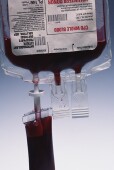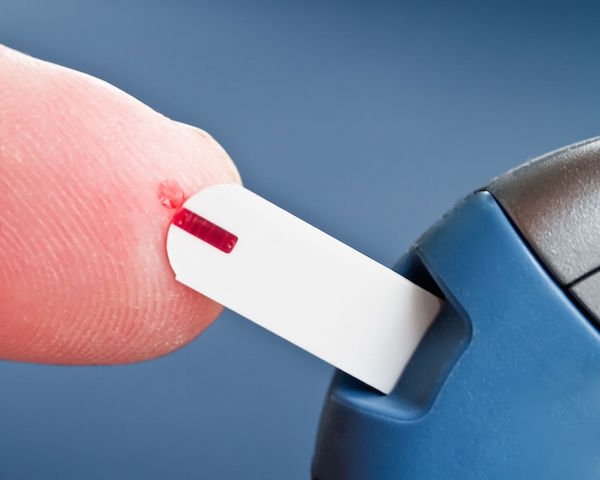
TUESDAY, May 12, 2015 (HealthDay News) — Gay and bisexual men who have abstained from sex for one year would be allowed to donate blood in the United States, under a new federal policy unveiled Tuesday.
The U.S. Food and Drug Administration announced its intentions in a draft guidance that was first proposed in December. The agency said it would collect public comments on the proposal for 60 days before issuing final rules.
Implementing the “one year deferral” clause for gay or bisexual men would reverse a three-decade-old ban on donations from this group that traces back to the start of the AIDS epidemic.
The FDA said it was changing its policy based on data from other countries that show allowing such donations would not increase the risk of HIV-tainted blood entering America’s blood supply.
Dr. Peter Marks, deputy director of the FDA’s Center for Biologics Evaluation and Research, noted in December that some of the most compelling data for the change came from Australia, which in 2000 implemented a one-year deferral on blood donations from sexually active gay men.
“These studies documented no adverse effects on the safety of the blood supply with a one-year deferral,” Marks said.
Marks estimated that about half of the people now barred from donating blood under the current policy would be able to donate under the new policy.
The change will better align the FDA’s donation policy for gay and bisexual men with its policies regarding other people potentially exposed to HIV, the virus that causes AIDS, officials said.
For example, there’s currently a maximum one-year deferral policy in the United States for blood donations by men who have had sex with an HIV-positive woman or commercial sex workers. The same goes for women who have had sex with HIV-positive men.
However, sexually active gay men in a monogamous relationship would not be allowed to donate blood under the new policy.
The FDA also will implement a national blood surveillance system that will help the agency monitor the effect of the policy change and ensure the safety of the blood supply, federal health officials said.
The American Red Cross has found that the risk of an HIV-tainted blood donation getting into the national blood supply is about 1 in every 1.5 million units, out of 15.7 million units collected every year, Marks said.
Hundreds of donations test positive for HIV each year, but these are caught through testing and removed from the blood supply, he said.
The FDA first adopted a permanent ban on blood donations from men who have sex with men at the dawn of the AIDS crisis. Proponents of lifting the ban said changing times and technological advances have rendered the decades-old policy obsolete.
Other countries have already moved to limit their bans on blood donations from gay men in recent years. Canada has changed its policy to a five-year deferral policy (meaning blood donation is allowed if the man has not had sexual contact for five years); the United Kingdom has a one-year deferral policy; and South Africa has a six-month deferral poicy.
Dr. Robert Wah, president of the American Medical Association, said Tuesday that his group “commends the FDA for taking a step in the right direction to end the lifetime ban that prohibits men who have had sex with men from ever donating blood.
“The AMA fully supports and has been a strong advocate for eliminating these current public policies as we believe that the latest scientific evidence should dictate blood and tissue donation deferral periods to ensure the safety of the national blood supply. The AMA’s policy supports using scientifically-based deferral periods that are consistently and fairly applied to donors based on their risk level,” he said.
More information
For more on blood donations from gay men, visit the U.S. Food and Drug Administration.
Copyright © 2026 HealthDay. All rights reserved.

